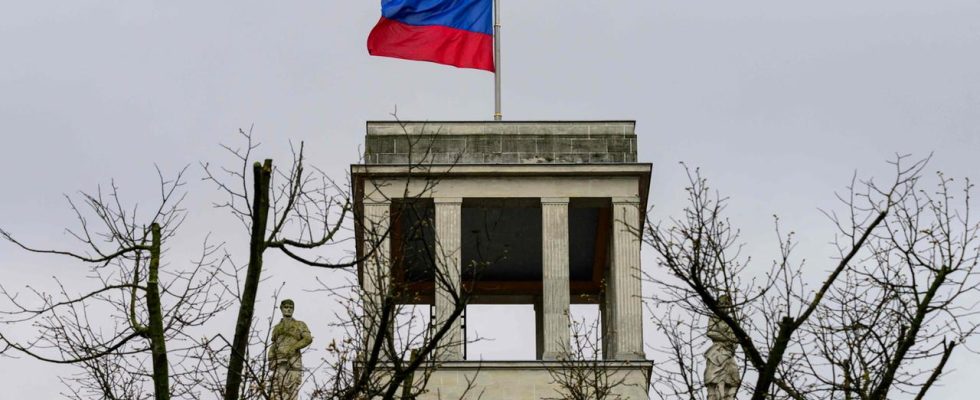According to the Federal Ministry of the Interior, the Kremlin-financed disinformation site “Voice of Europe” is “another example” of Russia’s extensive influence activities. Moscow is also influencing the EU Parliament.
The unmasking of a pro-Russian network in Europe is fueling concerns about Kremlin propaganda in Germany. “The Federal Republic of Germany also remains an important target of Russian influence efforts,” said a spokeswoman for the Federal Ministry of the Interior.
On Wednesday, the Czech Republic added the website “Voice of Europe” to its sanctions list as an instrument of Russian disinformation. Their aim is to question the territorial integrity, sovereignty and freedom of Ukraine.
The portal is “another example of Russia’s extensive and wide-ranging influence activities,” said a spokeswoman. “In recent years, Russia has built up a complex network of influence actors and instruments that it can draw on. It can be assumed that the influence activities are primarily aimed at undermining trust in the ability and competence of European institutions to act and existing potential for division of society.”
The German security authorities are doing everything they can to investigate and stop such operations.
Influencing the EU Parliament?
The Czech government had imposed sanctions against the “Voice of Europe” operators Viktor Medvedchuk and Artyom Marchevskyj. Medvechuk was long considered “Putin’s man in Ukraine” and was arrested shortly after Russia’s invasion of Ukraine until he was transferred to Russia in a prisoner exchange in September 2022. Marchevsky is said to have been responsible for the content of the website and to have maintained contacts with European politicians.
“Through the cross-border cooperation of the European security authorities, a Russian influence operation against the European Parliament was uncovered,” said the Interior Ministry spokeswoman about the case. In influence operations, Russian actors used politicians from several European countries and provided “significant funds.”

